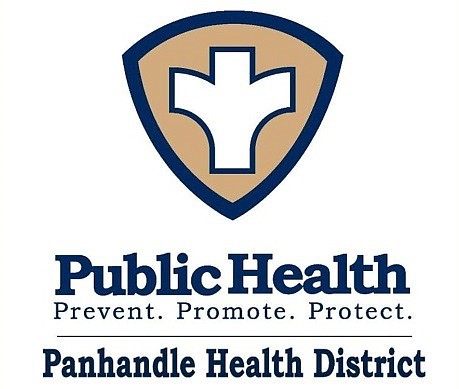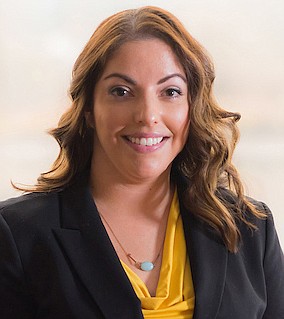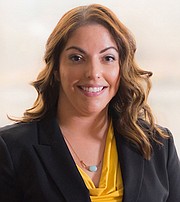Disease detectives to the rescue
This is part of an ongoing series about COVID-19 preparation and regional updates. Check the Press daily for new information, tips, and ways our health care professionals are working to keep our community safe.
•••
Epidemiologists are often the unsung heroes of public health. Their work, quite possibly, is the most fascinating, at least in my opinion. One of my favorite definitions for an epidemiologist is “disease detective.” Quite literally, they are tracing backward from a confirmed case of a communicable disease in order to stop the spread of a disease.
Communicable disease is defined as an infectious disease that can be spread from person to person by direct contact with an affected individual or the individual’s discharges or by indirect means, like a bite from an insect.
Usually our epidemiologists, or epis as they are commonly called, are investigating cases of gonorrhea, chlamydia, pertussis, salmonella or hepatitis. There are over 70 communicable diseases in Idaho that the state requires healthcare facilities report to their local health districts.
Once a report comes in, our epis will conduct a confidential interview with the individual and assure that they are following their provider’s guidance. If indicated, epis find out who that person has come in contact with and will assist with connecting and encouraging exposed individuals to seek treatment. We do this to stop the spread of the disease and ensure our community is safe from communicable diseases.
For a highly infectious disease like measles, epis work on contact tracing, which means they will work to find out everywhere an infected person has gone for up to two weeks prior to their symptoms developing.
COVID-19 contact tracing is similar. The epis will find out everywhere a person with a confirmed case of COVID-19 has been since they began having symptoms. The epis will also ask about any close contacts of the individual in order to know who may need to self-isolate at home and monitor for symptoms.
MEET OUR EPI TEAM
Disease Detective Epi #1
Dave Hylsky has worked at the health district for over 28 years and has been an epidemiologist with the health district since 2004. Prior to working as an epidemiologist, Dave worked in environmental health conducting restaurant inspections and aquifer protection. Dave attended University of Idaho, where he received a Bachelors in Bacteriology.
Disease Detective Epi #2
Jeff Lee has been an epidemiologist with the health district since 2004. Prior to that he was also a home health nurse for the district and the STD/AIDS program coordinator. With all that combined, Jeff has been with PHD for 26 years! Jeff served in the United States Air Force prior to attending nursing school and earned his MBA in healthcare management through Western Governors University.
Disease Detective #3
Hillary Hunt (last name is not a pun, that’s for real) joined our Epidemiology team at Panhandle Health District after interning with us last year. Hillary graduated from Emory University with a Master of Public Health with a focus in epidemiology in 2019. While earning her degree, she worked for the Centers for Disease Control and Prevention (CDC) and the American Cancer Society. Prior to working in public health, Hillary earned a B.A. in anthropology and French from Seattle University and worked in education in Montana and in France.
While COVID-19 is making waves worldwide, in most cases it is manageable at home — much like the flu. You can find the information from this article as well as the latest updates and ways to protect yourself at cdc.gov/covid19.



